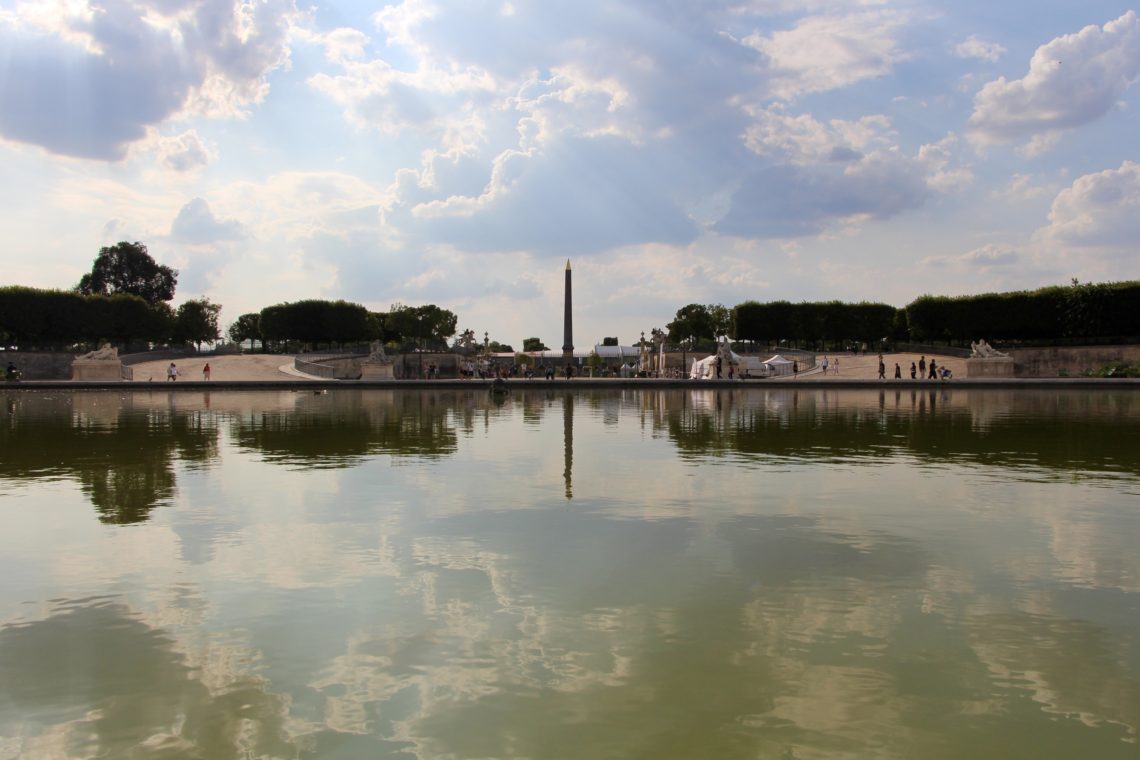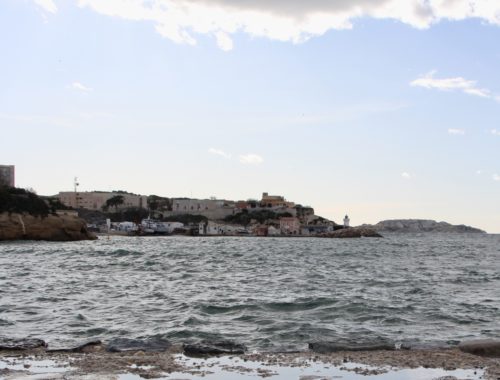
Six Ways Our Expat Life in France is Eco-Friendly and Sustainable
As two American expats, Jalen and I agree that moving to France has significantly increased our eco-consciousness and green practices. However, environmental friendliness in France goes far beyond our individual experiences. According to the Environmental Performance Index, a data-driven analysis and ranking of countries, France ranks fifth in the world in sustainability while the United States comes in at twenty-fourth. Read on to learn more about the lifestyle changes we’ve made since moving to France.
Eco-Friendly Transit
Both during our year in Troyes with the Teaching Assistant Program in France and during our master’s degrees in Reims, we have relied solely on walking, carpooling, and taking public transport to get around.
We have loved living in and visiting walkable French cities that offer extensive bus networks, tram systems, and métros. Though for many Americans living without a personal vehicle would be inconvenient or even unfeasible, we have come to enjoy the benefits of being carless in France.
Even without a car, we are able to travel to our academic, professional, and personal engagements all over France while lowering our environmental impact.
Decreased Water Consumption
Americans are notoriously confused by European-style bathtubs. In many cases, a French “shower” consists of a small bathtub and a handheld shower head. Shower curtains are rare, and there is more often either a small glass panel or nothing at all to block water from spraying into the bathroom.
The French shower set-up means that standing under a fixed shower head, letting the water run for the entirety of the shower, and relying on a shower curtain or glass door to keep the water inside is out of the question. So how do we shower?
Jalen and I, and most French people, practice staggered showering. In concrete terms, this means turning on the water to get wet, turning it off to lather up, and turning it back on to rinse off. In so doing, we use very little water!
Though you can practice staggered showering with any shower system, it didn’t cross our minds to do so until we moved to France.
Recycling
In France, waste collection and recycling are locally managed public services. Waste sorting is an important part of waste management here, as residents are expected to separate glass, paper, packaging, and non-recyclable waste to discard in separate bins.
In the United States, waste collection and recycling are predominantly managed by the private sector. Waste sorting is much less important in the United States being that single-stream recycling, which only calls for separating recyclable items from non-recyclable waste, is the most popular type of recycling program.
In France, we don’t pay any fees to have access to recycling bins or to have our recycling collected. Furthermore, thoroughly sorting our waste means that more of our items end up recycled, as throwing glass, plastic, and packaging into the same bin increases contamination, meaning that lots of recyclable items can end up as trash.
Overall, recycling in France is more accessible and less of our waste ends up in landfills.
Bring Your Own Bags
Single-use plastic bags are banned in stores in France, which means that if you don’t bring your own bags to the grocery store, you’ll have to purchase either paper or reusable bags to bring your items home with you!
Jalen and I personally have a small collection of tote bags that we use for shopping. These bags are sturdier, larger, and easier to carry than single-use plastic bags.
Though we did use reusable bags for shopping in the United States, running into a store to pick up one or two items often ended in us succumbing to the convenience of single-use plastic bags. Now that we don’t have that option, we never forget to bring our tote bags when shopping, and have thus eliminated single-use plastic bags from our lives.
Line Drying Clothing
Clothes dryers are much less common in Europe than in the United States. Not only are dryers harsh on clothing, but they aren’t great for the environment either!
Skipping the dryer saves us money, reduces our carbon footprint, and helps us keep our clothes in great condition. We quickly got used to hanging our clothes to dry on a rack, and find that with a little bit of planning, it’s not as inconvenient as it may seem.
Jalen and I care about continuously reducing our environmental impact and are glad to be living in a country that allows us to do so. If you’re interested in environmental friendliness, check out our articles about life in France without a car and vegetarianism in France.
What green practices are part of your routine? Let us know in a comment!
You May Also Like

Stop Winging It: Planning Your Life in France Yields Results
April 19, 2023
Four Spectacular Cities in France You Have to Visit
June 3, 2020

